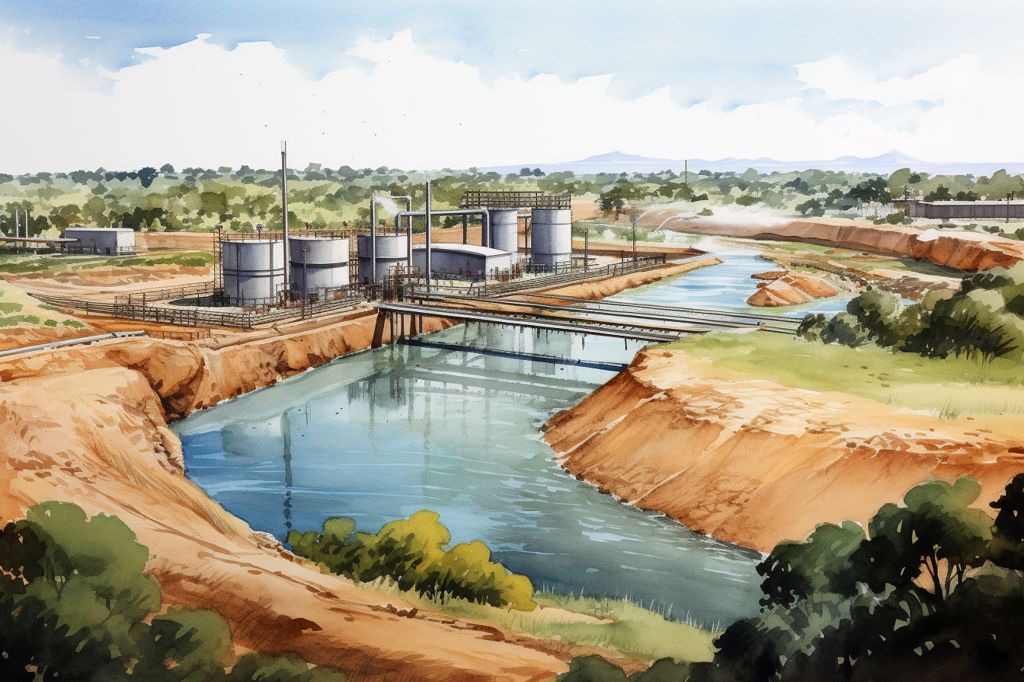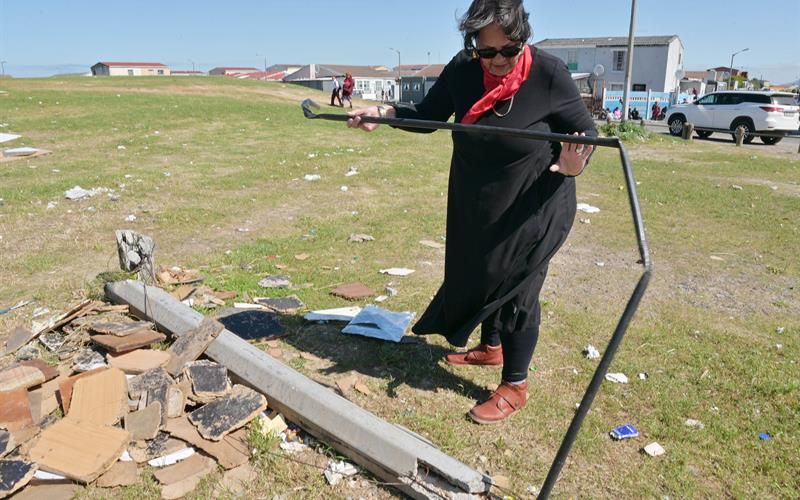On September 6, 2023, the Western Cape Cabinet held a meeting led by Premier Alan Winde to discuss pressing issues such as the upcoming Provincial Economic Review and Outlook (PERO) report. This annual research publication by the provincial treasury is critical as it sheds light on the province’s economic, governance, and social context.
PERO Report and its Significance
The report is scheduled to be tabled before the Western Cape Provincial Parliament on September 21, marking the beginning of the 2023 Medium Term Budget Policy process. Due to South Africa’s fiscal crisis and its impact on the country’s future, this year’s process is of immense significance. The analysis delves into how national and global economic factors influence the Western Cape’s profile, economy, socio-economic context, and demography.
Focus on Youth and Youth Unemployment
The report’s focus this year is on youth and youth unemployment, exploring how investing in education and healthcare can harness young people’s potential and stimulate the provincial economy. However, the looming fiscal crisis threatens these essential services.
Impending Fiscal Emergency
During the meeting, Cabinet members discussed South Africa’s impending fiscal emergency and the proposed expenditure reductions that would jeopardize essential frontline services like healthcare, education, and social development across all provinces. The President’s Coordinating Council (PCC) meeting held on September 1, emphasized the need for future planning and a credible budget framework.
Implications for Western Cape
With the Western Cape’s population expected to grow to 10 million by 2040, immediate and long-term plans are required. The potential budget cuts, amounting to R16.7 billion, have significant implications for the Western Cape and the country.
Tough Choices and Prioritizing Residents’ Interests
Premier Winde highlighted that now is the time to make tough choices that prioritize residents’ interests, especially the most vulnerable. The ongoing uncertainty surrounding good governance and budget frameworks is due to the national government’s insufficient funding for the public sector wage agreement, lower tax revenue, slow growth, and rising debt service costs.
Proactive Measures to Address Fiscal Challenges
Winde urged Finance Minister Enoch Godongwana to detail measures to address these fiscal challenges proactively and protect service delivery while ensuring financial sustainability. He expressed concern about the national government’s growing debt and the possibility of borrowing to solve the crisis.
Alternative Solutions for Fiscal Issues
The provincial government proposes alternative solutions for South Africa’s fiscal issues, including implementing urgent structural reforms to foster economic growth, taking decisive political steps to counter negative investor sentiment, and reconsidering unsustainable and unfinanced policy commitments.
Transnet’s Shortcomings and Revenue Generation
One example of the national government’s shortcomings is Transnet’s failure to provide essential logistical support to the economy. Inefficiencies at Transnet reportedly cost the South African economy R1 billion daily, primarily due to lost coal and iron ore sales. By addressing these failures alone, the country can change its growth trajectory and generate much-needed revenue.
Commitment to Good Governance
The Western Cape Cabinet remains committed to engaging the national government on how to address the fiscal crisis sustainably and credibly. Prioritizing citizens’ education and healthcare needs and protecting the most vulnerable will guide their decision-making during this challenging period.








